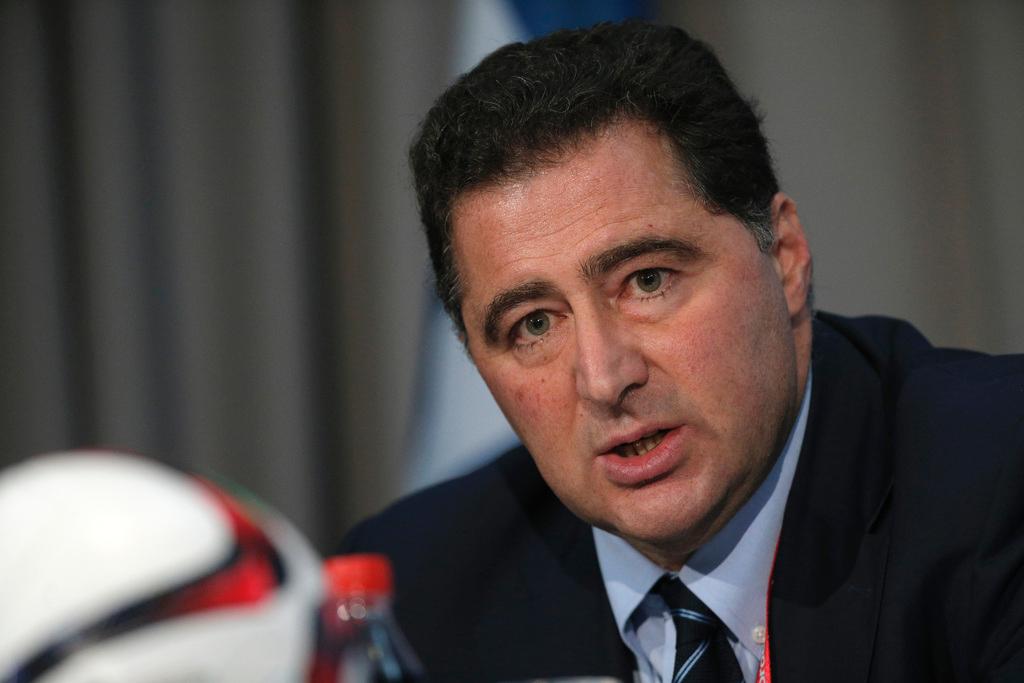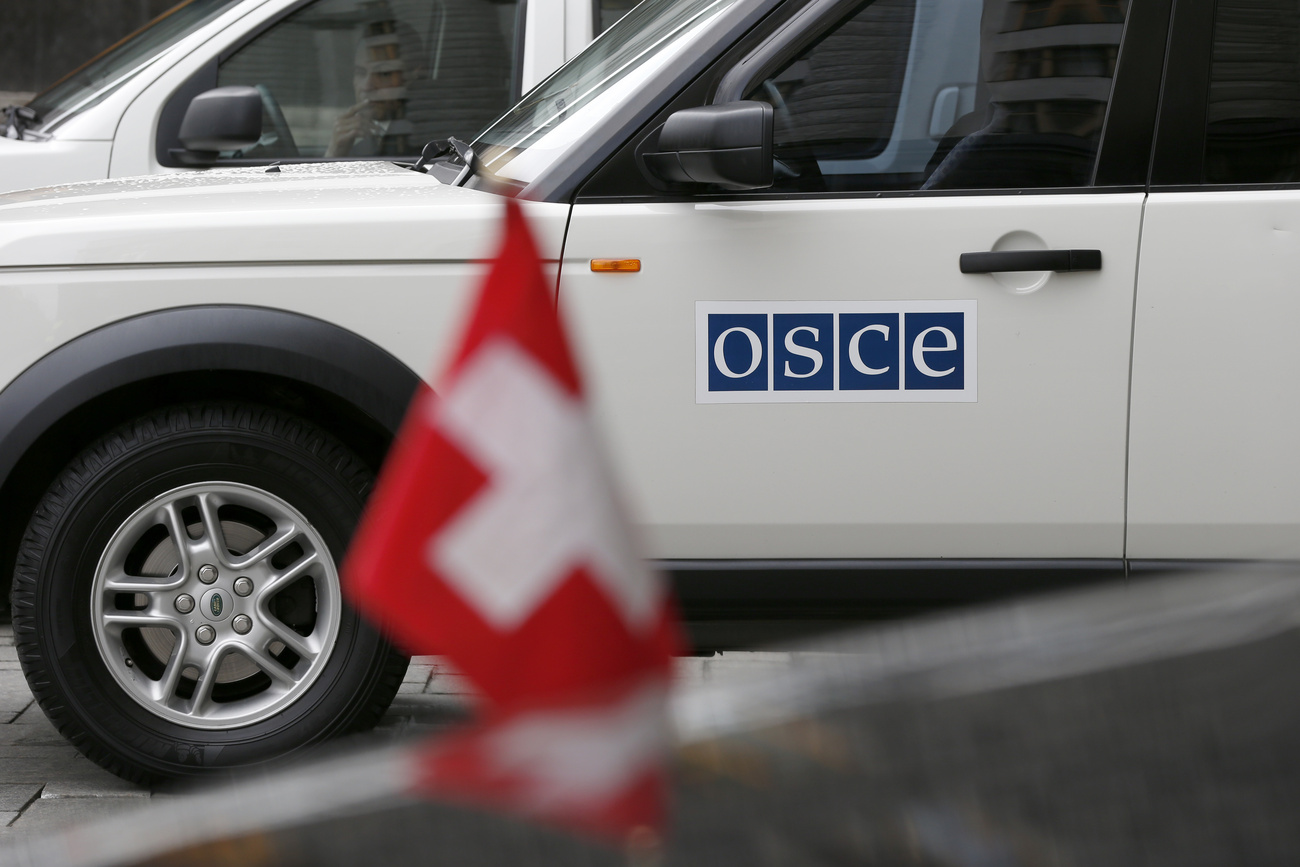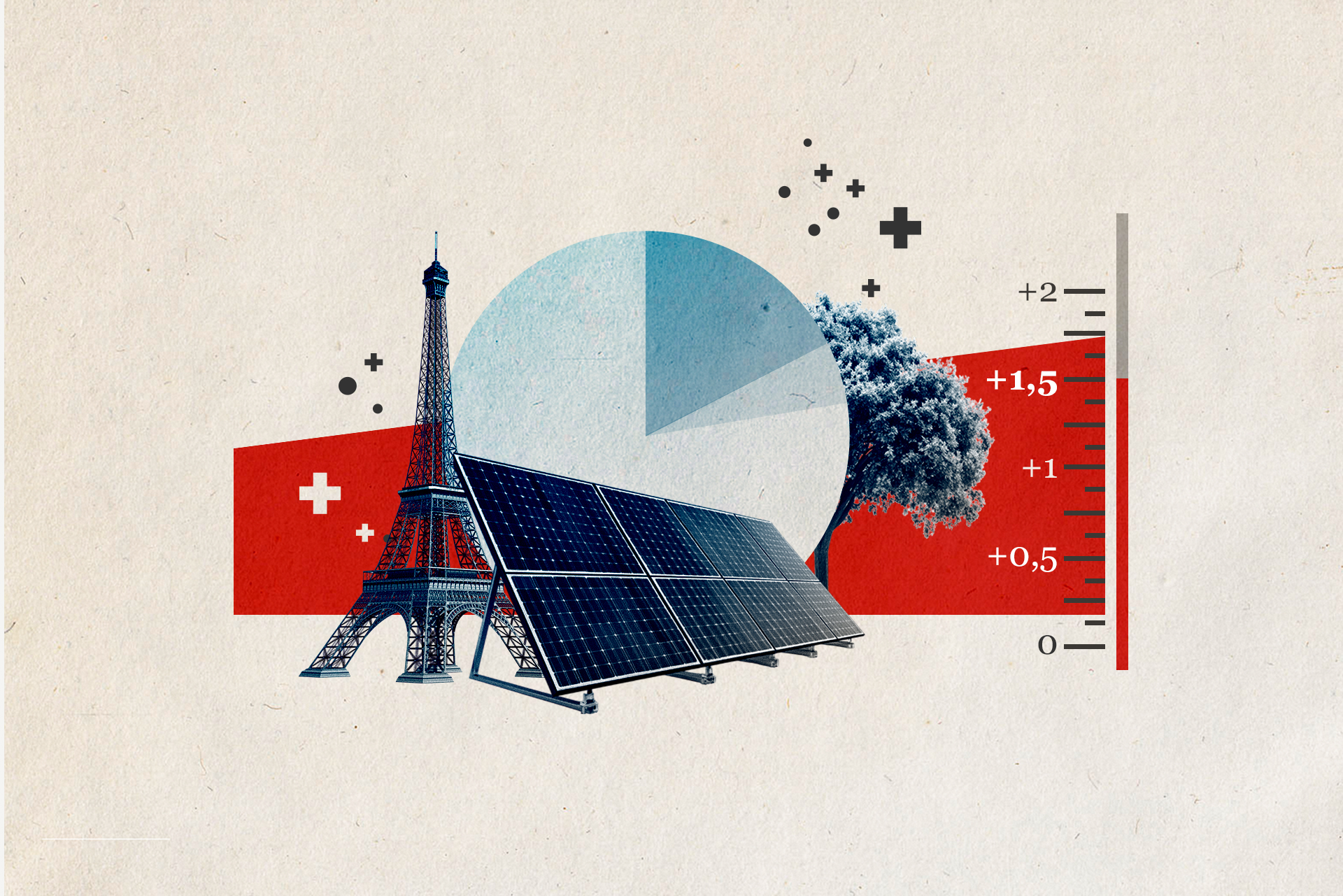
Scala outlines FIFA reform proposals

Domenico Scala, head of FIFA’s audit and compliance unit, has formally made public his eight-point plan to reform football’s governing body. Bringing national associations to heel and limiting the terms of FIFA presidents and executives are included.
During a telephone conference call with journalists on Thursday, Scala said that FIFA had been a victim of its own success. The rapid growth and popularity of football in the past decades had led to management problems and conflicts of interest at the Zurich headquartered body.
Scala did not go into details of these problems, but they have included allegations of bribery, corruption and vote-rigging. These led to ongoing criminal investigations being opened in Switzerland and the United States earlier this summer. Both the Swiss and US attorney generals will give an update on their respective probes on Monday, September 14.
FIFA has made efforts to reform its structure in recent years by launching the audit and compliance committee, an ethics committee and, in the last few weeks, a reform taskforce. This last body was announced on the very day (July 20) that Scala presented his own reform proposals to FIFA’s executive committee.
Several of Scala’s eight points of reform (see box below) have been leaked to the press already. On Thursday they were officially unveiled and included enhanced background checks on incoming executive members, restricting the president and executives to three four-year terms of office and publishing the pay of FIFA bosses – both for their FIFA work and from other football bodies.
Scala envisages reining-in national football associations and regional federations, some of which have become embroiled in corruption scandals. He wants FIFA to impose some measure of indirect control by banning members of dysfunctional associations from becoming executives at Zurich headquarters.
Scala also proposes changing the leadership of FIFA into separate management and supervisory bodies similar to company executive and directors’ boards. Member associations, he says, should elect executive members and that the number of standing committees should be reduced.
Too many cooks?
A possible fly in the ointment of the reform process is, ironically, the creation of a new reform taskforce in August, headed by Swiss lawyer Francois Carrard. The taskforce was announced on the same day that Scala handed his own reform proposals to FIFA, leading journalists to question on Thursday whether the waters have begun to cloud.
A further bone of contention is that FIFA has appointed six of its members to the taskforce, raising questions about its true independence from the very body that it is supposed to improve.
Scala said that he “welcomed” the creation of the taskforce and would cooperate fully if asked. He has already submitted his eight-point plan to the taskforce and held what he described as a “constructive” meeting with its members.
“They did not agree with everything, but at least they were keen and curious about what I had to say,” Scala told journalists on Thursday. It is now up to FIFA to decide in December what proposed changes to its own structure will appear on the agenda for its 26 February congress meeting of member associations, he added.
At that same meeting early next year, members are scheduled to vote for a new president to replace Sepp Blatter. The 79-year-old defiantly won election to a fifth consecutive term, defeating his Jordanian challenger Prince Ali Bin al-Hussein only days after several FIFA officials were arrested as part of separate corruption probes by the United States and Switzerland.
Just days later, in early June, he made a surprise announcement that he would step down from the presidency, but stay on until a proper election could be held in February to replace him. His announcement, which coincided with US authorities confirming he was a focus of a federal corruption probe, eased some of the pressure for FIFA to immediately reform.
Presidency candidates
Ali announced on Wednesday that he will run – again – for the presidency in February.
On making his announcement in his country’s capital Amman, Prince Ali will now join Michel Platini, the president of UEFA, European football governing board, and the South Korean billionaire and former Asian football vice president, Chung Mong-Chun, as a contender to the top seat at the world football body.
“We must overcome deep-seated corruption but I was not brought up to walk away from a tough fight. This is about right and wrong,” Prince Ali said.
If he were elected, the Jordanian prince said he would transfer some of the organisation’s decision-making powers away from its headquarters in Zurich and toward national football associations.
The 39-year-old was the sole opponent to Blatter when the Swiss won his fifth term at FIFA’s congress in May. It is yet to been seen where the latest contender will find his support prior to next year’s vote, as his strongest backing in May came from UEFA, and its president, Platini.
Earlier this week at the Soccerex conference in Manchester, Prince Ali commented that Platini was a Blatter “protégé”.
Domenico Scala, head of FIFA’s audit and compliance commission, publically unveiled his reform proposalsExternal link on September 10. He had presented them to FIFA’s executive committee on July 20.
1: Give FIFA’s ethics committee greater powers to check the integrity of FIFA executives and members of other “key” bodies. National and regional football federations would also be obliged to prove their own integrity checks to qualify their members for top FIFA posts.
2: Limit the terms of the president, executive committee members, the secretary-general and members of independent committees to three four-year spans.
3: Allowing congress (all 209 associate members) to vote on the appointment of all executive committee members.
4: Public disclosure of compensation for president, secretary-general, executive committee members and chairpersons of independent committees. This should be broken down into pay received from FIFA and from other football bodies.
5: Reduce the number and size of current FIFA standing committees and introduce more independent chairpersons.
6: Insist on enhanced ethics and disciplinary measures at member associations as criteria for members being allowed to assume executive roles or join key committees.
7: Revise World Cup bidding rules (FIFA has already carried out these reforms to Scala’s satisfaction).
8: Introduce separate decision-making and supervisory/strategy structures at the topmost echelon of power within FIFA – similar to corporate boards of executives and directors. Scala also suggests bringing other stakeholders, such as sponsors, into this new structure.

In compliance with the JTI standards
More: SWI swissinfo.ch certified by the Journalism Trust Initiative





























You can find an overview of ongoing debates with our journalists here . Please join us!
If you want to start a conversation about a topic raised in this article or want to report factual errors, email us at english@swissinfo.ch.